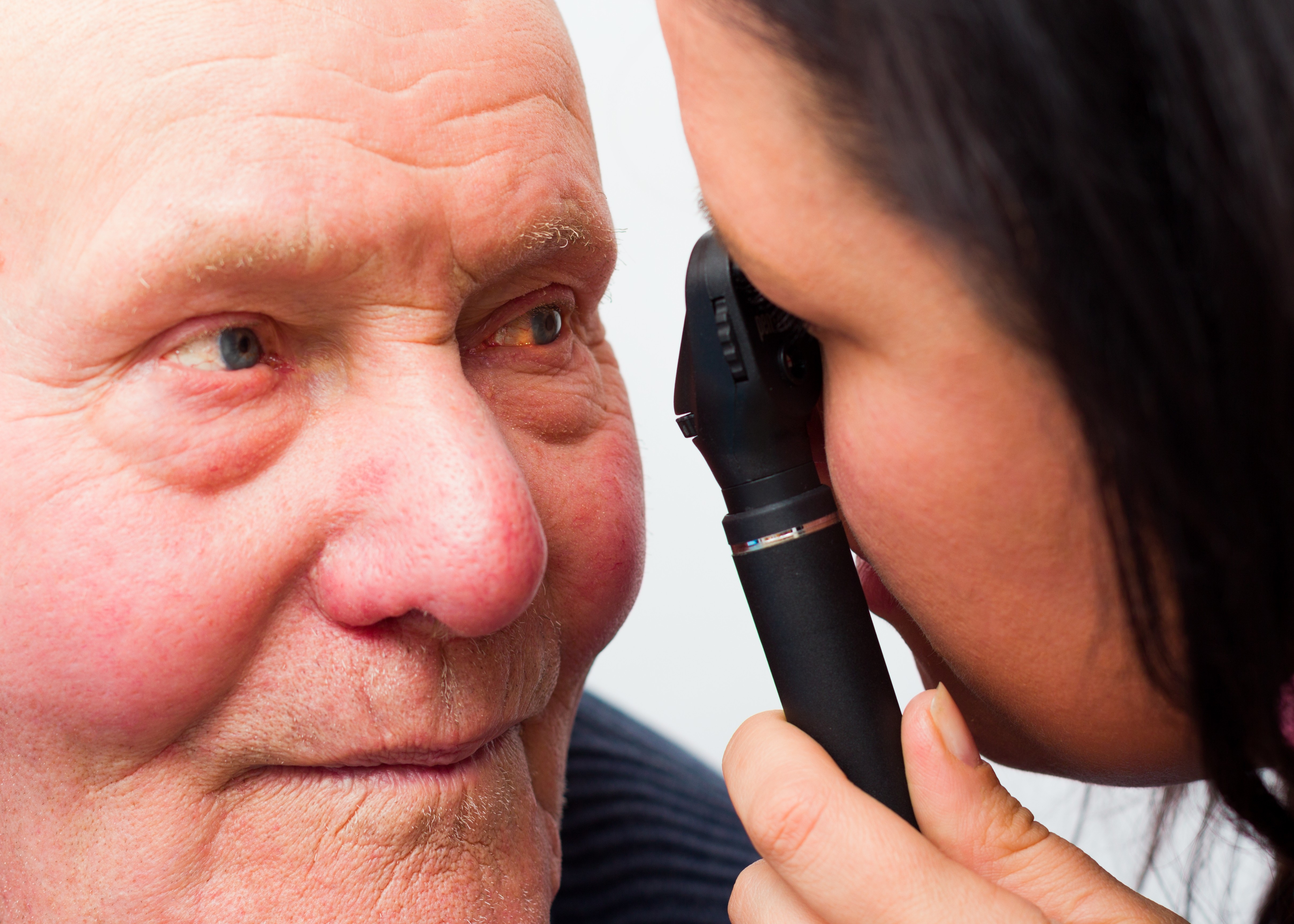Vision loss is one of the things many people just expect about getting older. In fact, it is so expected many believe it’s just something they have to deal with, and don’t mention it, or prepare to handle it. The reality is changes that occur in the body due to getting older are very likely to impact your parent’s vision. This does not mean, however, that they just have to deal with these changes and not take steps to modify their daily lives so they can continue to stay independent, active, and happy as they age in place. As a family caregiver, one of the most important things you can do to help your parent cope with the changes they face as they are getting older is to simply notice those changes. Seniors may not mention the difficulties they are having, and in the case of vision loss, the changes may be so subtle your senior may not even be fully aware of the extent of the changes. Paying attention to how your parent is functioning and their behaviors can help you to detect when they might be losing their vision so together you can make changes in their surroundings, their daily habits, and even their medical care to help them cope.

Some signs your aging parent might be losing their vision include:
- Squinting when looking at the television screen.
- Trying to sit closer to the television screen.
- Bringing books and other written materials very close to their face to read.
- Not doing their makeup as precisely as they once did.
- Not styling their hair as precisely as they once did.
- Wearing subtly mismatched clothing items, such as one black sock and one dark blue sock.
- Wearing clothing with small stains or tears without realizing it.
- Accidentally consuming food with mold.
- Not taking their medications properly because they could not read the instructions.
- Asking you for help reading small print.
- Not recognizing people from a distance.
- No longer engaging in favorite activities that require acute vision, such as reading or sewing.
- Complaining about headaches more frequently, as this may be caused by squinting and straining.
Vision loss can put your aging parents at risk for a variety of challenges, including injuries due to accidents and falls, not being able to read fine print, and more. Home care can help a senior who is dealing with vision loss stay safer while also encouraging them to continue enjoying their favorite activities, and staying as independent and autonomous as possible. An in-home senior care services provider can help a senior with vision loss stay safer by providing physical support while navigating their home, helping them to identify challenges and modifying them in their home, reading warning labels and other fine print to them, helping them to identify risks and dangers such as spoiled food, and more. They can also help your parent to continue enjoying an active and independent lifestyle by encouraging them to use adaptive devices such as magnifying screens, helping them find large print materials at the library, and more.
If you or an aging loved one needs home care in Lincoln, CA, remember Senior Home Care Services. Call us at (916) 514-7006 for more information.
- Helping Seniors Reduce Health Anxiety - April 18, 2025
- Why Should Seniors Consider Adding Soy to Their Diets? - April 7, 2025
- Four Ways to Celebrate Spring With Your Homebound Elderly Loved One - April 2, 2025


